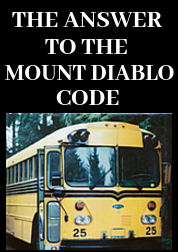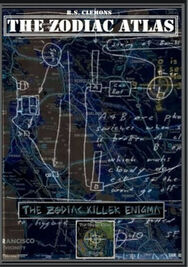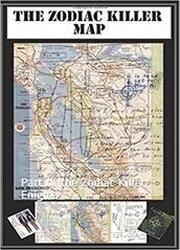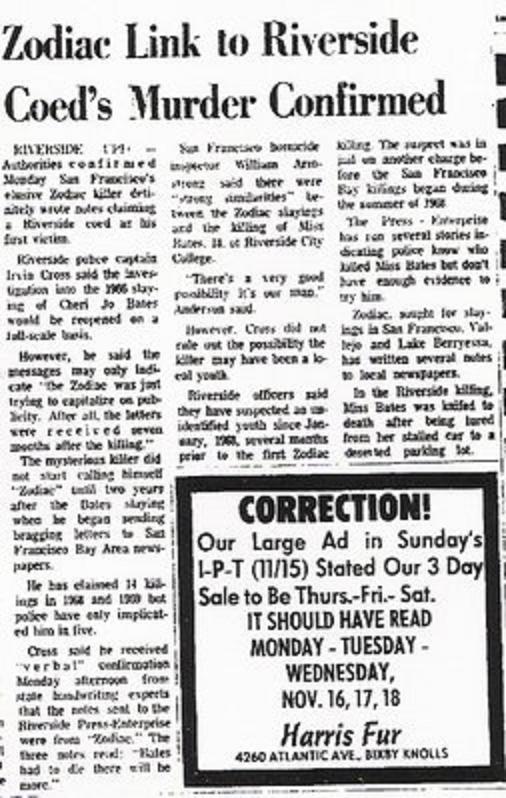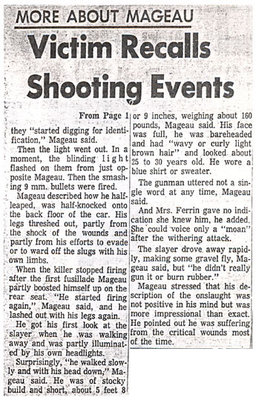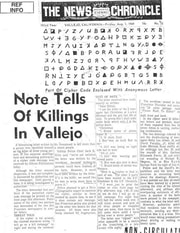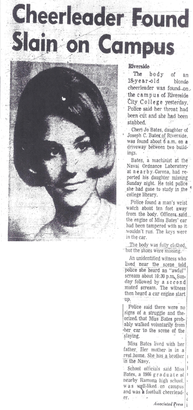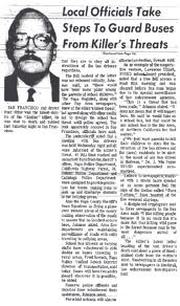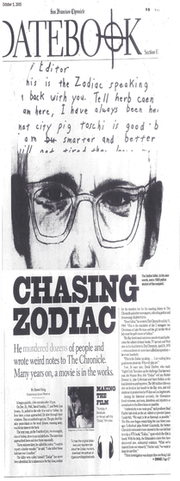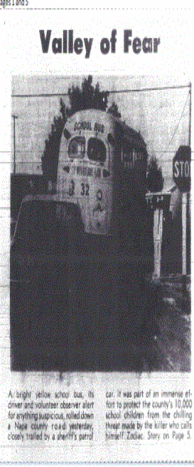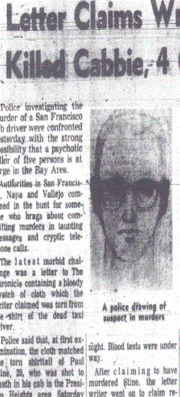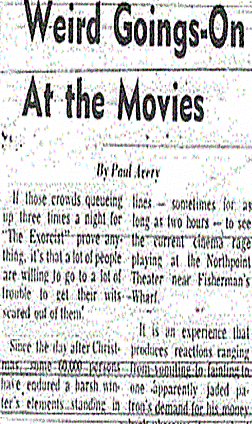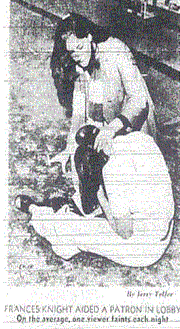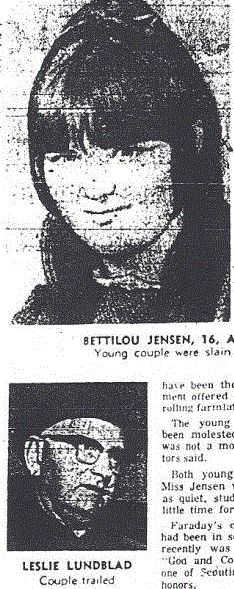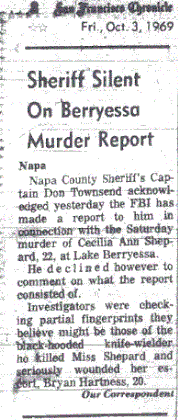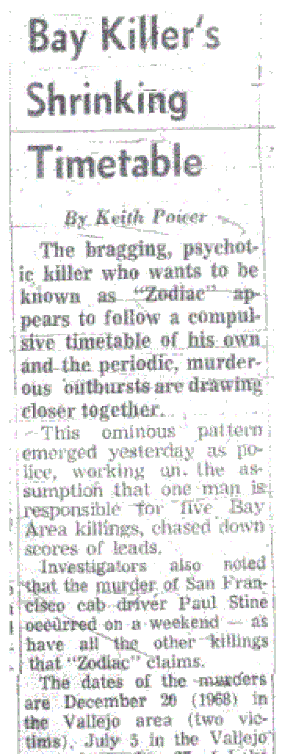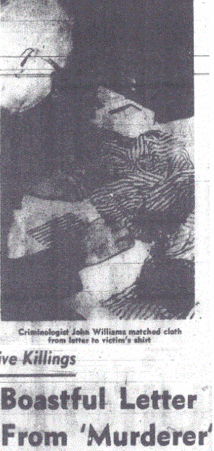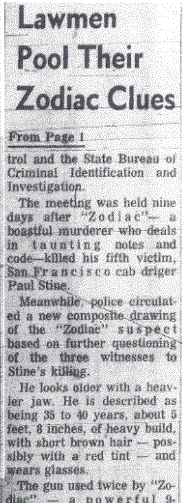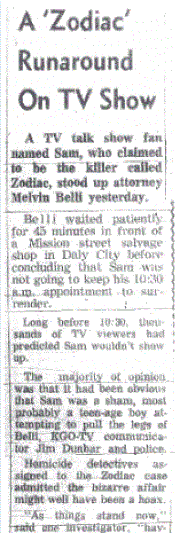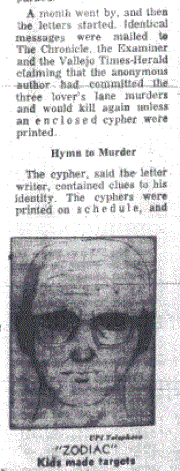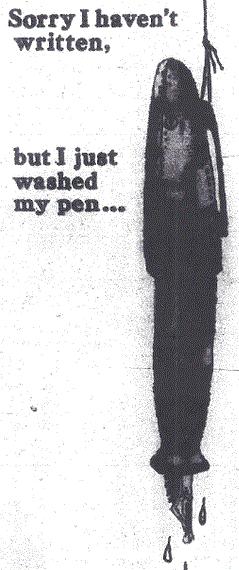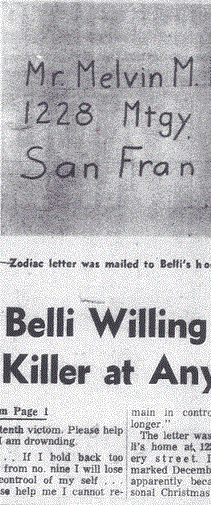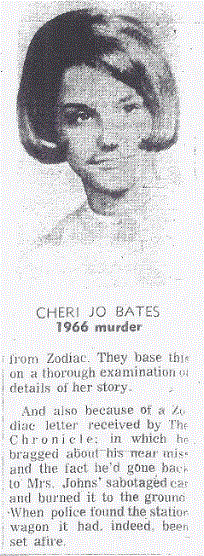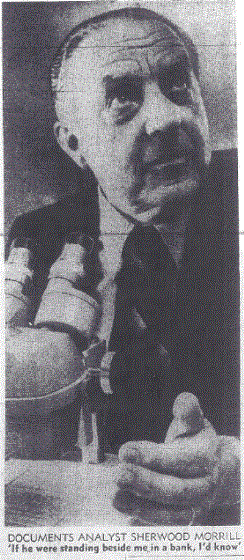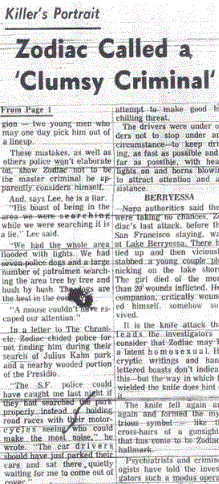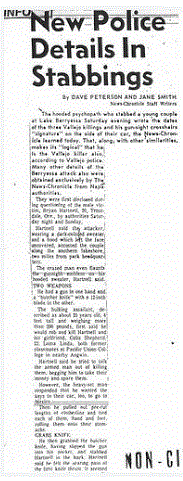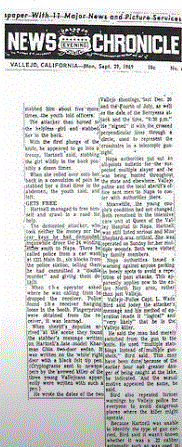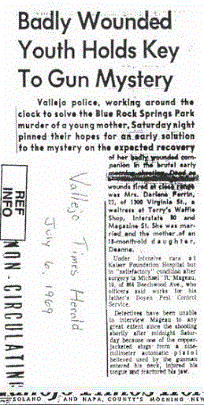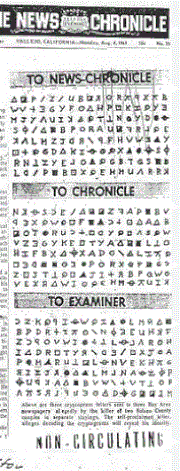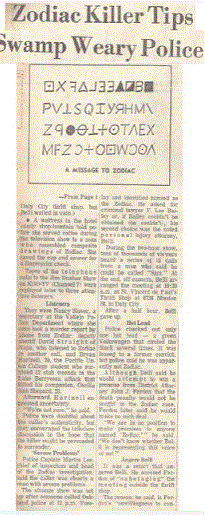 John Loder starred as Don Rainsford
John Loder starred as Don Rainsford This later movie featured on television throughout California from November 5th 1966 to November 8th 1966 - so if the Zodiac Killer was present in Riverside (or California) during this period, and was responsible for any of the communications down south - could this movie have had any influence on the phrases chosen in the Confession letters? Did the flawed character traits of Count Zaroff and Erich Kreiger, who were insane, heartless, and psychopathic men with a thirst to hunt human beings, form the basis of the wording "I am insane. But that will not stop the game" in the Confession letters on November 29th 1966? That "game" being "a game of death", in which the insanity of Erich Kreiger and the Confession letter author created no barrier to the murderous game and ambitions of either.. "A Game of Death" in 1966 turning into a "Most Dangerous Game" in the Bay Area, two to three years later. The murders in southern and northern California cloaked under the banner of the Richard Connell short story of 1924.
The film Rampage (1963) borrowed elements of "The Most Dangerous Game", including "The woman who was the most dangerous game of all", while using "Big, Bold, Bob Mitchum is on a Rampage" in its promotional advertisements, along with "They lived, loved and fought by the code of the jungle" and "His code was to snare everything". Bearing in mind the choice of words used by the Zodiac Killer in his code and letters on July 31st 1969, coupled with the crosshairs he adopted, which featured in the opening sequence of the "Rampage" movie, this production had many interesting parallels and appeared on US television screens in California just 11 days prior to Zodiac's opening communications. "A Game of Death" was showing in California three weeks before the typed Confession letters arrived at the Riverside Homicide Detail and Riverside Press Enterprise in 1966.
"The Most Dangerous Game" heavily focused on a tense stalking sequence in the second half of the movie as Rainsford and Eve attempted to outwit Count Zaroff as he tracked them while wielding his prized Tatar war bow. The 1945 film mimics the original for the most part. Therefore, is it a coincidence that after the Confession letter stated "I am insane. But that will not stop the game", it concluded with "I am stalking your girls now". It appeared that the "game" was stalking women as prey. This stalking would seemingly continue on July 31st 1969, when the Zodiac Killer began with "I like killing people because it is so much fun - it is more fun than killing wild game in the forest because man is the most dangerous animal of all". Was the game employed by the Zodiac Killer, at least in a literary sense, continuing after 32 months? Was the Zodiac Killer operating in Riverside in 1966 (at least with his communications), or was he simply incorporating the story of Riverside into his current campaign of terror in the Bay Area of northern California?
ADDITIONAL READING: RETHINKING "THE MOST DANGEROUS GAME"

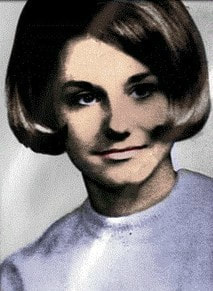
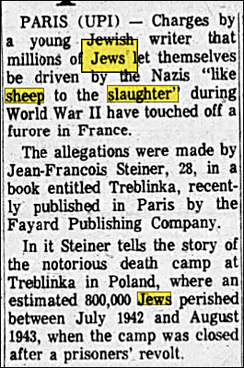
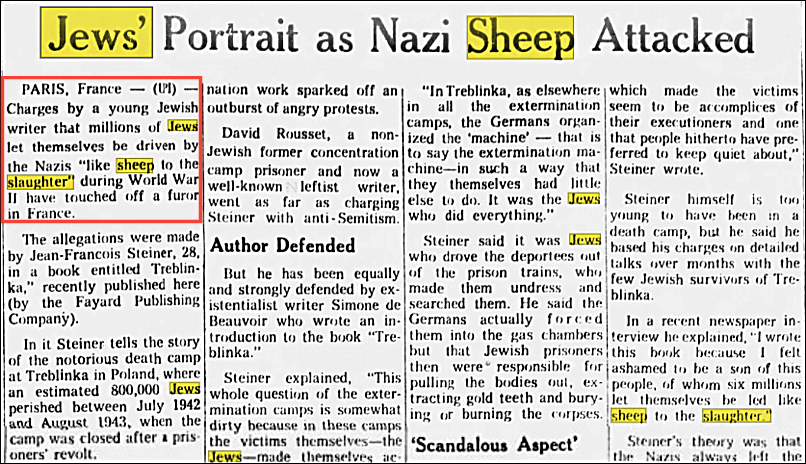
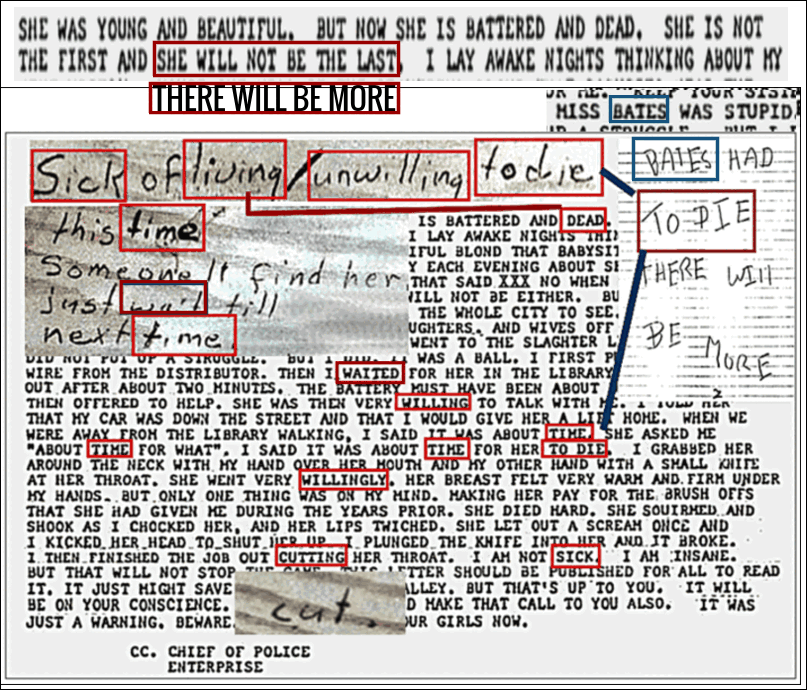
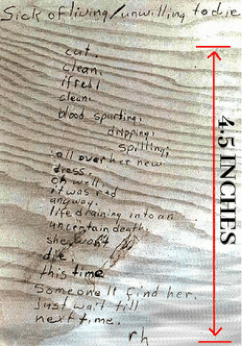
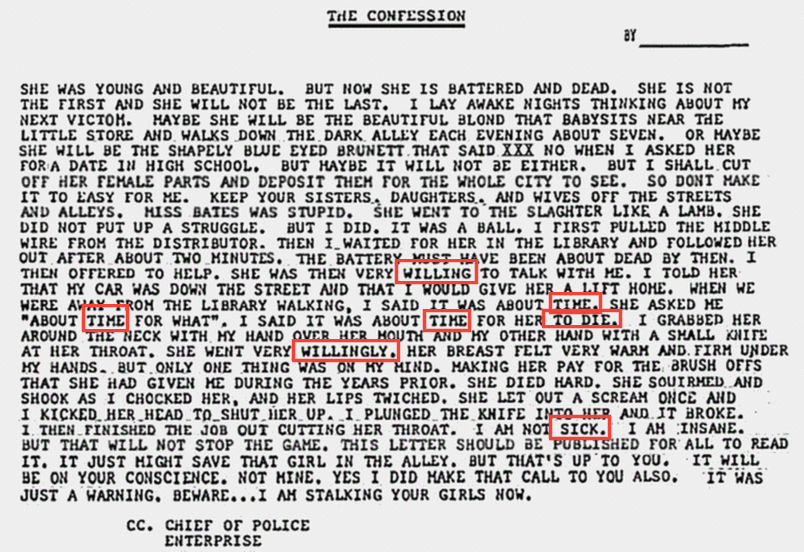
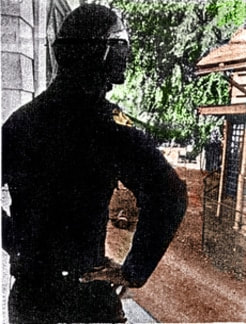
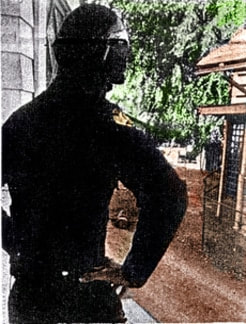
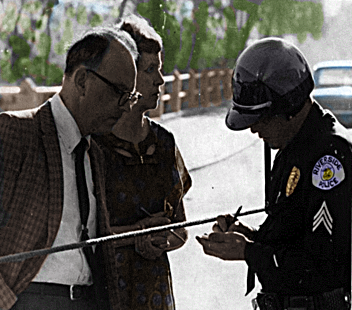
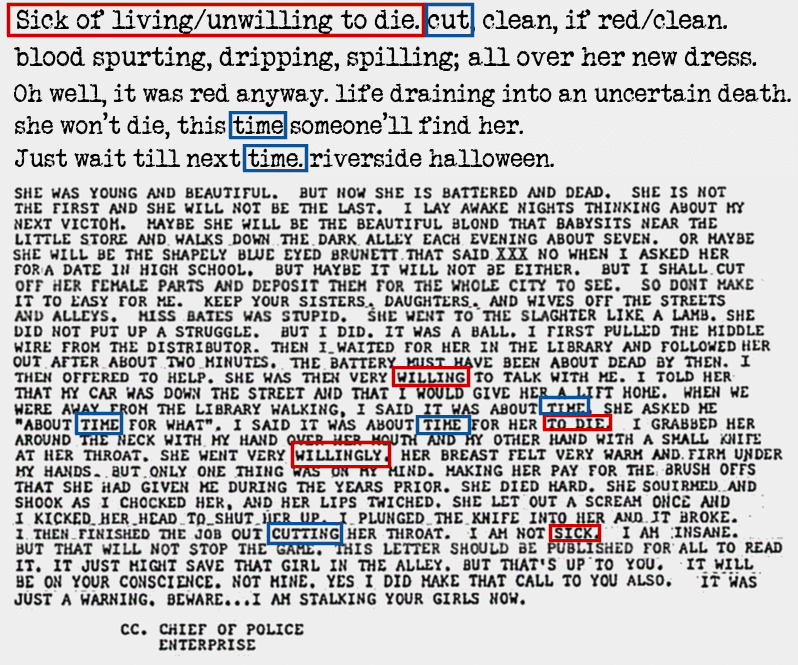
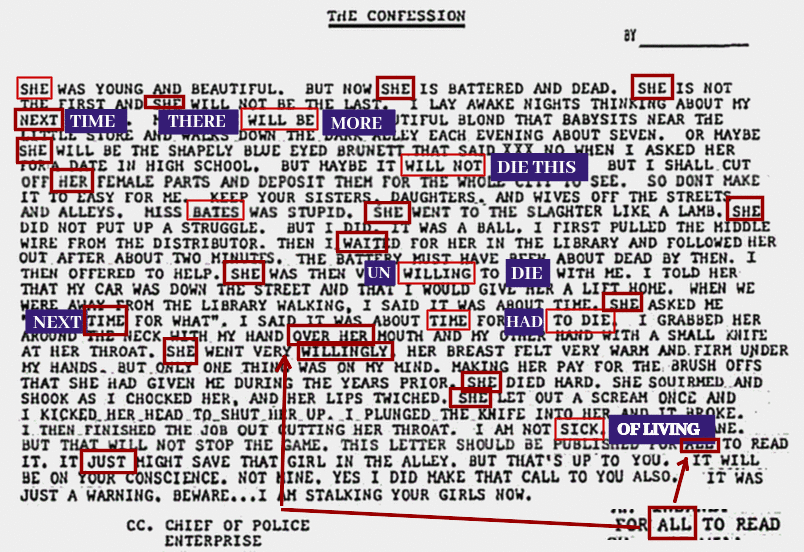
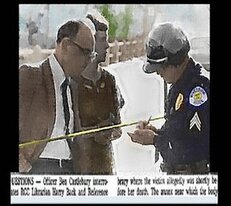
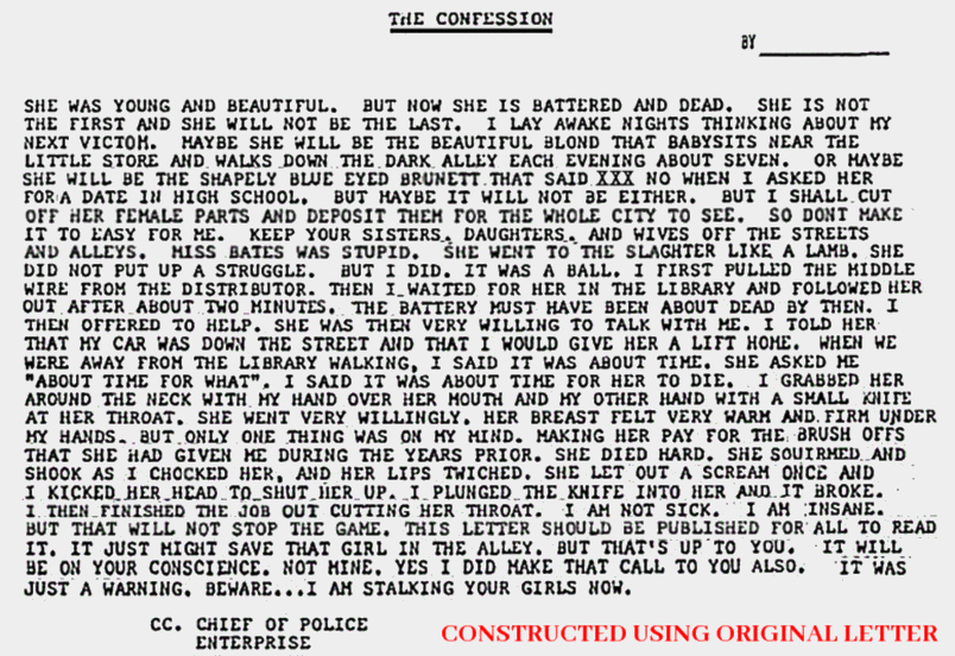
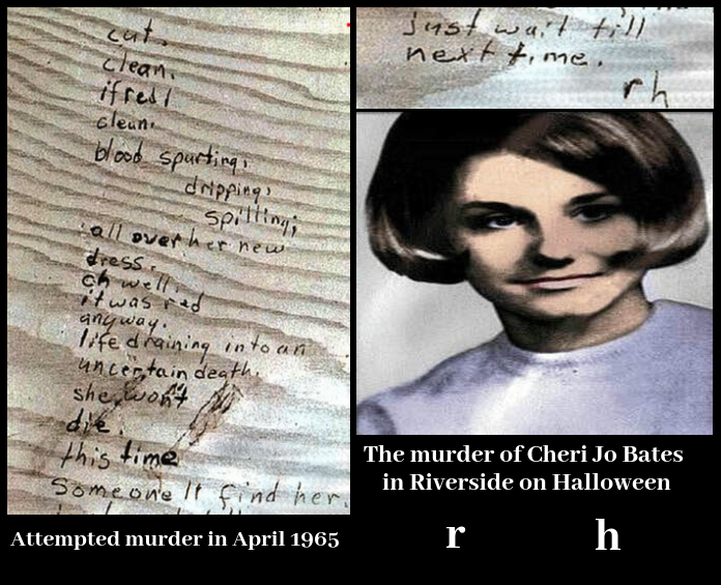
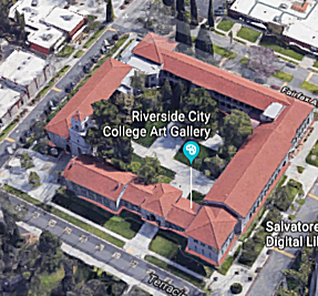
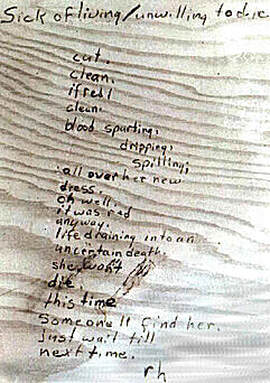

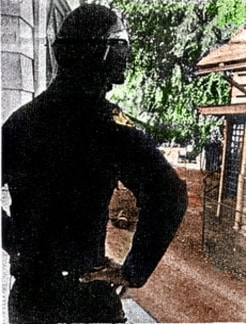
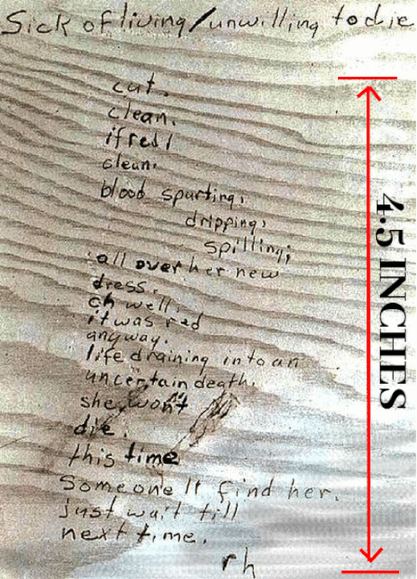


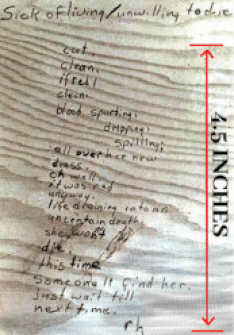
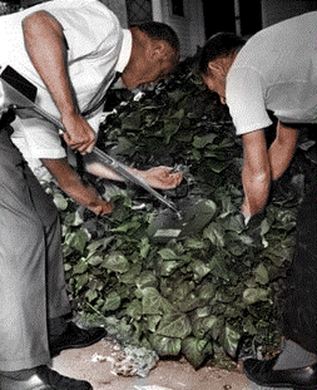
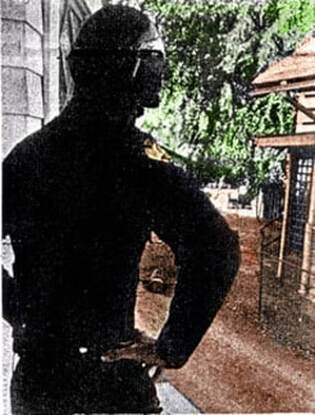

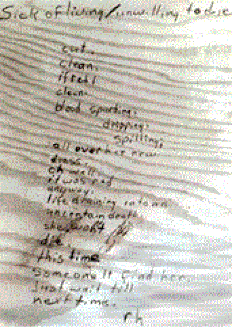
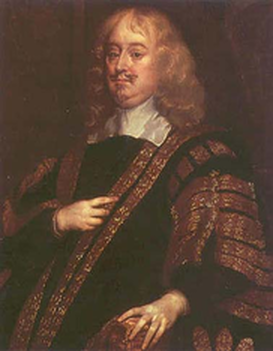




 RSS Feed
RSS Feed

